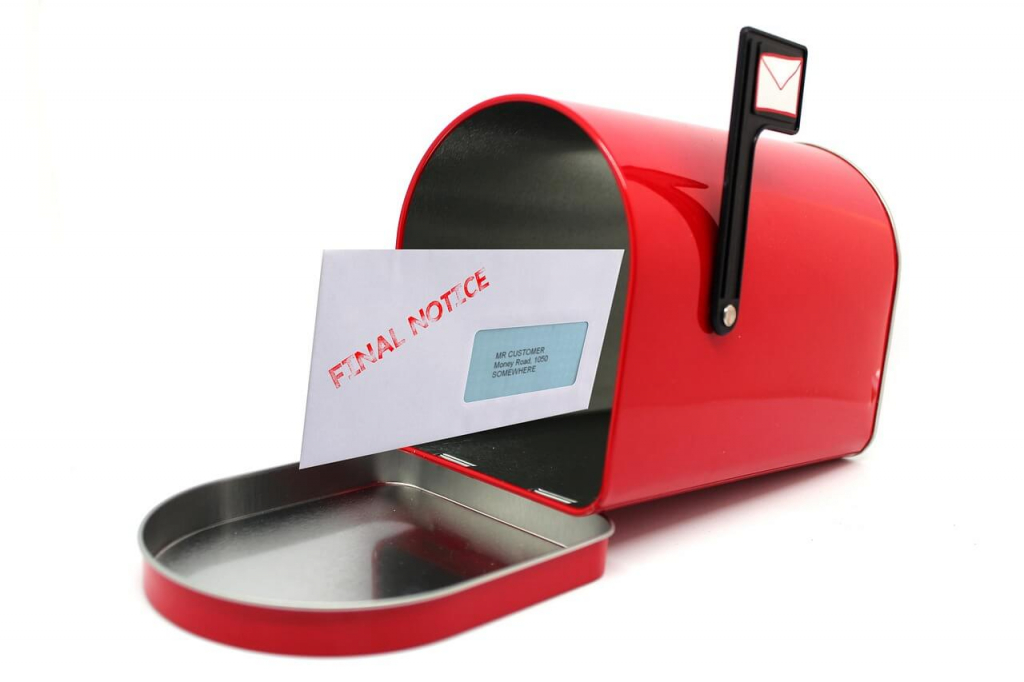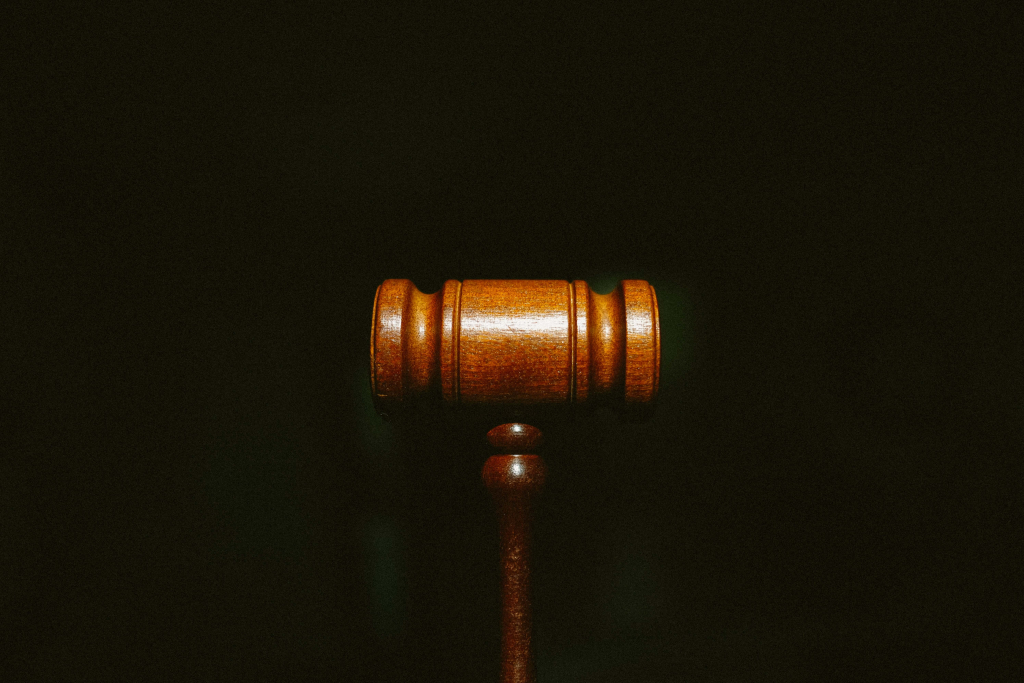The same way you can sue a tenant for bad behavior or failure to abide by the terms and conditions of the lease, a tenant can also file a lawsuit against you if you fail to do your responsibilities as a landlord.
Knowing what lawsuits landlords often face will help you become cautious on how you manage your property and how you deal with your tenants properly. Here are a few common grounds for tenants to sue their landlords that you should avoid as much as possible.
Illegal Eviction
Although you have the right to evict a tenant for reasonable grounds, you still need to follow the legal procedure of doing so. The laws on eviction may vary from state to state, so you have to be familiar with them.
Usually, a landlord must give eviction notices to a tenant before evicting immediately. Make sure that the eviction process is performed professionally without resorting to tenant mistreatment. If you fail to do that, you can be in deep legal trouble if a tenant sues you back.

Illegal Landlord Retaliation
When a dispute arises, some landlords tend to retaliate against the tenant they have a conflict with by illegally causing inconveniences to them or, worse: harassing them.
One example of this is when a landlord raises rent mid-lease without reason other than to get back to a tenant. Another example is restricting access to electricity or water in the property to cause inconvenience. If this happens, a tenant can take you to court.
Housing Discrimination
The Fair Housing Act (FHA) protects individuals from being denied housing due to discriminatory reasons, e.g., sex, race, religion, etc.
As a landlord, you shouldn’t discriminate your tenants and potential tenants. They may file a lawsuit against you for violating the FHA, and you will suffer legal consequences.
Even in your advertisements, nothing should imply any form of discrimination as to who can rent. You should also avoid asking discriminatory questions during the screening process. When you publish your listing to Padleads, make sure that it is clear of any details that may be a sign of discrimination as defined on the FHA.

Violation of Quiet Enjoyment
Once the lease starts, the tenant has the right to quiet enjoyment. A landlord should not interfere with a tenant’s legal rights to use the property. You may also not intrude on the tenant’s personal space without notice or permission. It also violates the tenant’s right to privacy.
Disruption of the property’s utilities to limit the tenant’s use is also a breach of quiet enjoyment.

Erroneous Credit Reporting
A landlord has the responsibility to report delinquent tenants to the credit bureaus accurately because it is your legal and moral responsibility. Failing to do so exposes you to civil penalties or fines.
You also do not have the authority to disclose a tenant’s credit information to others, especially if they do not have a valid purpose for attaining such information.